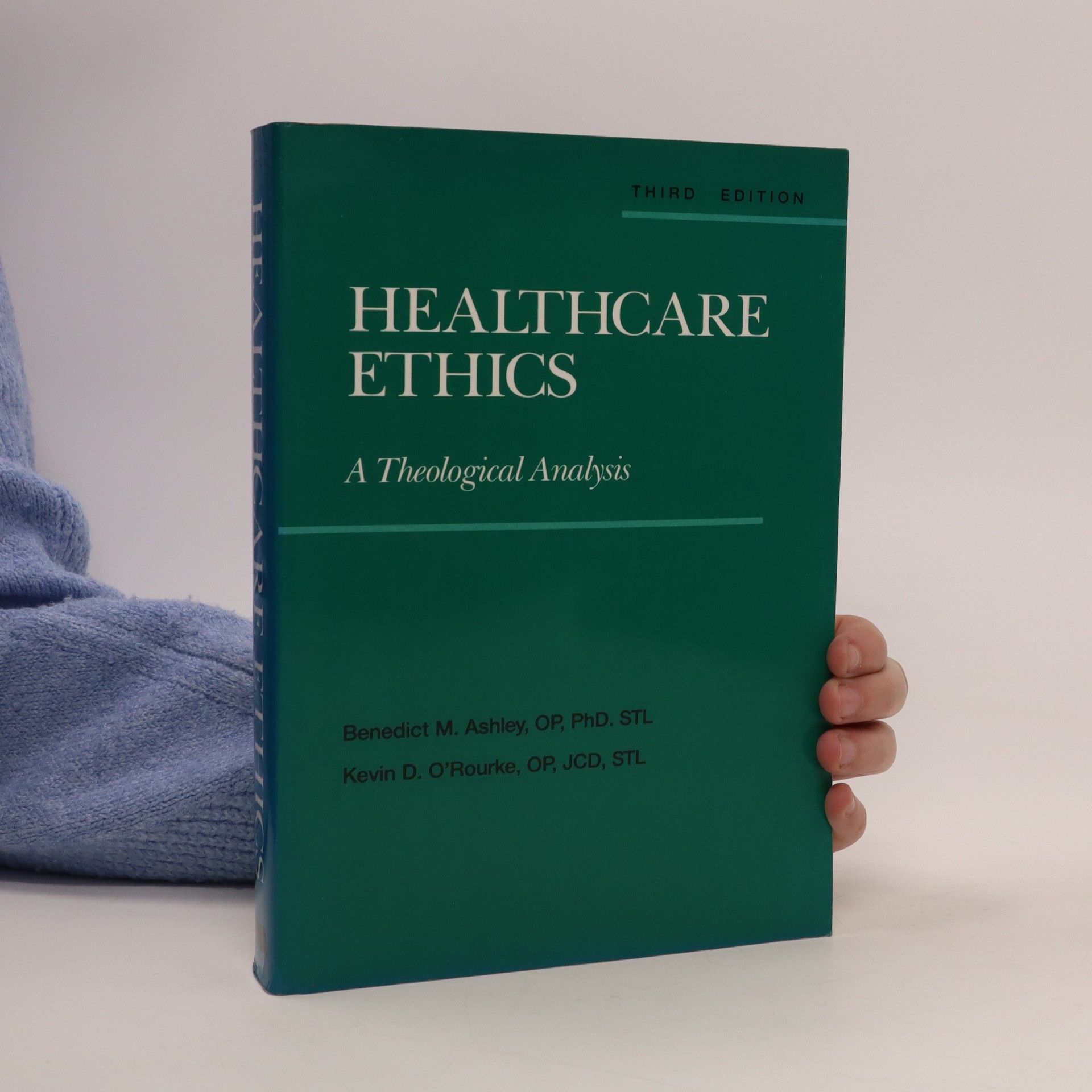The Dialogue Between Tradition and History
- 342pagine
- 12 ore di lettura
The decades after the Second Vatican Council marked a significant shift in Catholic theology from classicism to an empirical, historically oriented approach. This transition led to moral confusion and intellectual debates that continue to impact the Church. Benedict Ashley acknowledged the need for revisions in moral theology post-Vatican II to effectively articulate and integrate the mysteries of Catholic faith. He proposed a method of theological reflection that counters the subjectivity and historical focus prevalent in contemporary thought, emphasizing a tradition rooted in Scripture, the Magisterium, sound natural science, and a balanced relationship between subjectivity and objectivity. This volume includes insights from four distinguished scholars: Matthew McWhorter offers an intellectual biography of Ashley, tracing his thoughts before and after Vatican II. Rev. Cajetan Cuddy, OP, evaluates Ashley's philosophical theology, particularly its foundations in natural law. Matthew Minerd examines Ashley's views on the authority of the Catholic Magisterium, the papacy, and conscience formation. Rev. Nicanor Pier Giorgio Austriaco, OP, assesses how Ashley's moral theology applies to decisions at the beginning and end of life.

